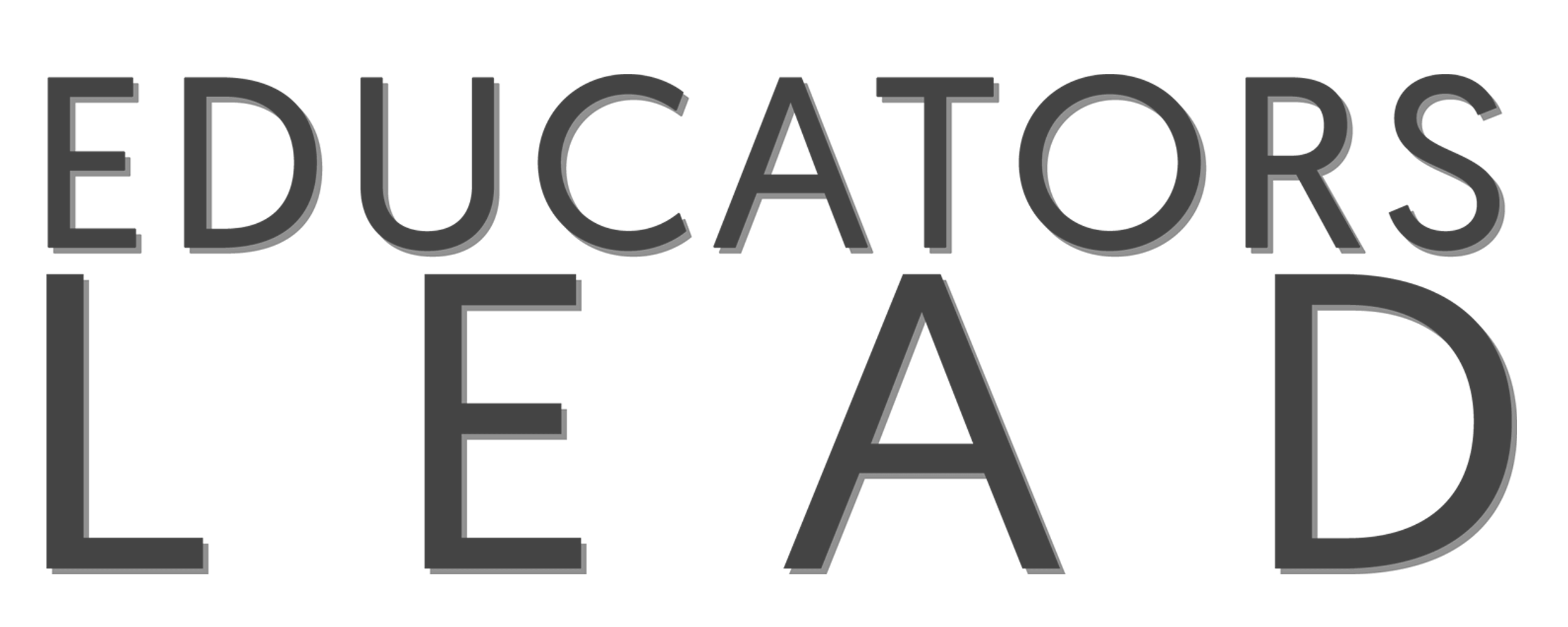Find out more about Jim’s High-Impact Instruction and Creating an Impact School workshops by visiting https://us.corwin.com/en-us/nam/consultant/jim-knight
When he was younger, Tom used to do a lot of mountain climbing. So much, in fact, that in the Canadian Rockies there’s a route called Fall of Knight, named after the time Tom fell there and broke his femur (2:13)
Started out getting a bachelor’s and master’s in English, and then started working on a doctorate in English, then working in Special Education at a community college and making amazing progress with students who had failed repeatedly, which led to Jim choosing education as a career (4:48)
Frustrated by the fact that methods that have been proven to work weren’t being used, Jim became a Certified Professional Developer for the Strategic Instruction Model and began working with Michael Fullan, and decided to get a doctorate in education, and then developed the concept of Instructional Coaching (6:45)
Jim gives a brief description of the Instructional Coaching model and how it works (10:10)
One of the most important takeaways from the Instructional Coaching model for principals is Responsible Accountability – teachers must be active agents in their own professional development (13:57)
School leaders must move their schools from a culture of talk to a culture of action (17:00)
Time is the biggest roadblock Instructional Coaches face (19:00)
The key to effecting long-term change is helping teachers find an emotionally compelling reason to invest in the change (22:17)
Goals should be PEERS Goals – Powerful, potentially Easy to achieve, Emotionally Compelling, Reachable, and Student-focused (24:30)
Focus on as many goals as you can, which is usually just one (27:33)
The Big Four: Planning, Assessment, Instruction, Community Building (28:41)
The Partnership Approach to working with teachers (29:30)
Jim’s book Better Conversations isn’t about clearly communicating a tough message, but about building a relationship where we can engage in dialogue, and where everyone feels their voice has been heard and everyone feels empowered by the dialogue (32:30)
If you want to improve your conversations, and become a better listener, you must not only practice, but practice while being videotaped and then review the tapes (38:00)
How to videotape your conversations (most people won’t mind) (39:00)
Most people simply aren’t aware of their poor conversation habits (43:10)
It’s better to work on improving your conversation skills with someone else who’s working toward the same goal (45:54)
Don’t let mistakes keep you from learning. When we stop learning, we stop living (49:40)
The crucial importance of establishing and respecting boundaries, and accepting that you can’t do it all (be selectively incompetent) (51:55)
Oddly enough, knowing your limitations can help you deal with feelings of not being up to the job, and knowing that you tend to be proud can keep you humble (56:05)
A great school leader is able to make complex things simple (1:02:12)
Several books that have had a big impact on Jim (1:03:11)
Educating students is all about having clarity on what students need to learn, what the success criteria are, whether they’ve hit the success criteria, and continually making adjustments along the way (1:05:40)
Teachers can’t trust you until they know you have their best interests at heart (1:07:07)
If Jim had a time machine, here’s the advice he would go back and give his younger self when he was just starting out in administration (1:08:20)
Books mentioned in this episode
Immunity to Change: How to Overcome It and Unlock the Potential in Yourself and Your Organization by Robert Kegan and Lisa Laskow Lahey
How the Way We Talk Can Change the Way We Work: Seven Languages for Transformation by Robert Kegan and Lisa Laskow Lahey
The Checklist Manifesto: How to Get Things Right by Atul Gawande
Flow: The Psychology of Optimal Experience by Mihaly Csikszentmihalyi
Leading in a Culture of Change Paperback by Michael Fullan
The Six Secrets of Change: What the Best Leaders Do to Help Their Organizations Survive and Thrive by Michael Fullan
Motion Leadership: The Skinny on Becoming Change Savvy by Michael Fullan
Turning to One Another: Simple Conversations to Restore Hope to the Future by Margaret J. Wheatley
The Gifts of Imperfection: Let Go of Who You Think You’re Supposed to Be and Embrace Who You Are by Brené Brown
Helping: How to Offer, Give, and Receive Help by Edgar H. Schein
Thanks for the Feedback: The Science and Art of Receiving Feedback Well by Douglas Stone and Sheila Heen
Stewardship: Choosing Service Over Self-Interest by Peter Block
Student Voice: The Instrument of Change by Russell J. (Joseph) Quaglia and Michael J. Corso
Connect with Jim Knight
About EducatorsLead:
Educators Lead is a podcast created to help launch educators into the next level of leadership. This show is for you if you are interested in educational leadership as an assistant principal, principal, superintendent, teacher or someone who hopes to be a school leader one day. Educators Lead offers inspiration and practical advice to help you lead more effectively. Jay Willis interviews school leaders weekly to discuss why and when these educators made the decision to move into school leadership, challenges along the journey, and stories that made it all worthwhile. Educators Lead is a great resource for any educator looking to make a greater impact.
Educate. Inspire. Lead.







